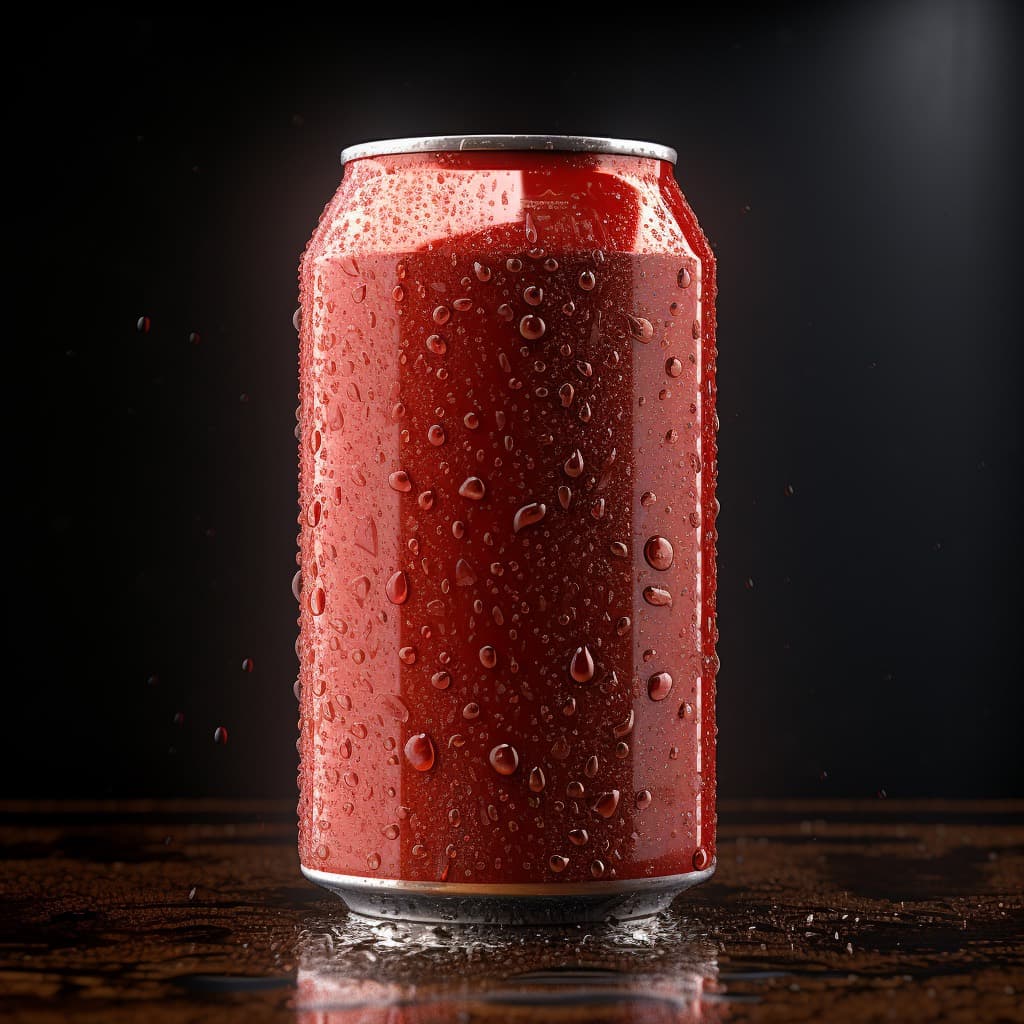Artificial sweeteners are commonly used as sugar substitutes in a variety of beverages, including diet sodas, flavored waters, and low-calorie drinks. These sweeteners provide sweetness without the added calories of sugar, making them attractive options for those looking to reduce their sugar intake or manage weight. However, there has been ongoing debate about the benefits and potential risks associated with artificial sweeteners. In this article, we will delve into the world of artificial sweeteners, exploring their benefits, potential risks, and their impact on health.
What Are Artificial Sweeteners?
Artificial sweeteners, also known as non-nutritive sweeteners, are synthetic substances that provide a sweet taste without adding significant calories. They are many times sweeter than sugar, so only small amounts are needed to achieve the desired level of sweetness.
Common Types of Artificial Sweeteners
There are several types of artificial sweeteners approved for use, including aspartame, sucralose, saccharin, and acesulfame potassium (Ace-K). Each sweetener has its own characteristics, taste profile, and recommended uses.
The Benefits of Artificial Sweeteners
One of the main benefits of artificial sweeteners is their ability to provide sweetness without the added calories. They can be beneficial for individuals looking to reduce their sugar intake, manage weight, or control blood sugar levels. Artificial sweeteners may also be suitable for people with diabetes or those following a low-calorie or sugar-restricted diet.
Artificial Sweeteners and Weight Management
Since artificial sweeteners are low or zero in calories, they can be used as part of a weight management strategy. By replacing sugar with artificial sweeteners, individuals can enjoy sweet-tasting beverages without the extra calories that can contribute to weight gain.
Impact on Blood Sugar Levels
Artificial sweeteners do not significantly affect blood sugar levels, making them a viable option for people with diabetes or those monitoring their blood sugar levels. Unlike sugar, which can cause a rapid spike in blood glucose, artificial sweeteners are generally considered safe for consumption by individuals with diabetes.
Artificial Sweeteners and Dental Health
One potential benefit of artificial sweeteners is their minimal impact on dental health. Since they are not broken down by oral bacteria like sugar is, artificial sweeteners are less likely to contribute to tooth decay and cavities. However, it is still important to maintain good oral hygiene practices and visit the dentist regularly.
Debunking Myths about Artificial Sweeteners
There are several myths surrounding artificial sweeteners, including claims that they cause cancer or have negative long-term effects on health. However, extensive research and regulatory agencies have deemed artificial sweeteners safe for consumption within approved limits. Misinformation and sensationalism often contribute to these myths.
Potential Risks and Concerns
While artificial sweeteners are generally recognized as safe, some concerns have been raised. For example, certain studies suggest a possible link between artificial sweeteners and increased appetite or altered gut microbiota. However, more research is needed to fully understand these potential effects and their significance.
Moderation and Personal Considerations
As with any food or beverage, moderation is key when it comes to artificial sweeteners. While they can be a useful tool in reducing sugar intake, it is important not to rely solely on artificial sweeteners and to maintain a balanced diet. Additionally, individuals with specific health conditions or sensitivities may react differently to artificial sweeteners, so personal considerations should be taken into account.
Making Informed Choices: Reading Labels
To make informed choices about artificial sweeteners, it is essential to read product labels carefully. Manufacturers are required to list artificial sweeteners used in their products, allowing consumers to make choices based on their preferences and dietary needs.
Natural Alternatives to Artificial Sweeteners
For those who prefer to avoid artificial sweeteners altogether, there are natural alternatives available, such as stevia, monk fruit extract, or erythritol. These sweeteners are derived from plants and may provide a more natural option for sweetening beverages.
Conclusion
Artificial sweeteners offer a sugar-free alternative for those seeking to reduce their sugar intake or manage weight. They provide sweetness without the added calories and can be a viable option for individuals with diabetes or those following low-calorie diets. While concerns and myths exist, extensive research supports the safety of artificial sweeteners when consumed in moderation. Making informed choices, understanding personal considerations, and exploring natural alternatives can help individuals navigate the world of artificial sweeteners and make choices that align with their health goals.
FAQs
1. Do artificial sweeteners cause cancer?
* Extensive research and regulatory agencies have deemed artificial sweeteners safe for consumption, and there is no conclusive evidence linking them to cancer in humans.
2. Can artificial sweeteners lead to weight gain?
* Artificial sweeteners are low or zero in calories, making them a useful tool in weight management when used as part of a balanced diet and healthy lifestyle.
3. Are natural sweeteners a better alternative to artificial sweeteners?
* Natural sweeteners like stevia or monk fruit extract provide a natural alternative to artificial sweeteners. However, personal preferences and dietary needs should be considered when choosing sweeteners.
4. Can artificial sweeteners be used in cooking and baking?
* Artificial sweeteners can be used in cooking and baking, but it is important to follow product-specific guidelines and recipes designed for their use.
5. Are there any side effects of consuming artificial sweeteners?
* When consumed in moderation, artificial sweeteners are generally safe. However, some individuals may experience gastrointestinal discomfort or have sensitivities to specific sweeteners. It is best to listen to your body and consult a healthcare professional if you have any concerns.
Note: The information provided in this article is for informational purposes only and should not be considered as medical advice. It is always recommended to consult with a healthcare professional or registered dietitian for personalized recommendations and guidance regarding artificial sweeteners and individual dietary needs.




